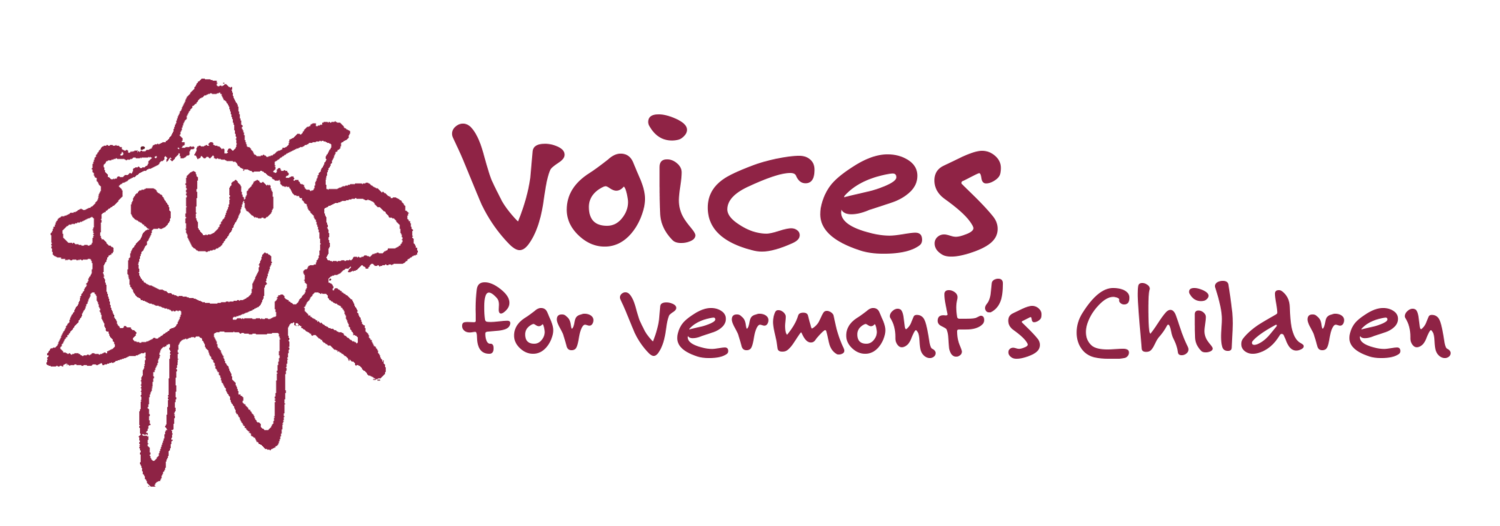Ed Equity Series: Moving toward equity through Community Schools
Over the past several years, Voices staff and board have worked with its partners to better understand and combat racial, economic, and social inequities in policy and practice. This includes public education and our focus on education equity. As part of a larger effort to bring our members and community into this work, Voices will be sharing our examination of issues relating to education equity in Vermont in greater depth over the coming months. This represents the first of an ongoing series.
Getting to Education Equity: Reform or Transformation?
The path toward transformation is rarely linear. In Vermont, the decades-long effort to center equity in our state’s education system has generated numerous reforms focused on policy, practice, and education funding. Legislative action has run the gamut from requiring coordination of services between public education and human services systems (Act 264) and equalizing education funding across the state (Act 60), to providing access to universal publicly-funded pre-kindergarten (Act 166), to Vermont’s Flexible Pathways Initiative, Act 77, and Act 1, which established a Working Group to recommend ethnic and social equity education quality standards (EQS) for school curricula.
Though only a sampling of Vermont education initiatives, these examples highlight the complex landscape of public education and the various approaches considered essential to advancing education equity. Unfortunately, policies like these are often fragmented, under-resourced, or implemented piecemeal, leaving educators, students, parents, community members, and policymakers, frustrated, and overwhelmed. Yet despite this, the hard work of mitigating harm and advancing equity is at the heart of this effort. We believe there exists a strong commitment to confronting and dismantling inequities, making connections between existing education policies, and building together public schools where every young person has what they need to learn and thrive. For us, the community schools framework is a comprehensive strategy within which to do so.
Community schools as a path toward equity and transformation.
In recent years, community schools have become the locus of our shared efforts with Public Assets Institute - the Vermont Education Equity Project (VtEEP) - to approach education equity work comprehensively and systemically. Across time and place, community schools have emerged as a strategy for tackling inequities that disadvantage children inside and outside of school and for building on the unique assets of their students, families, and communities. Often considered the cornerstone of economic, education, and social reform movements, models of Community Schools can be found in urban, suburban, and rural communities across the U.S. Today, there are school, district, and state-level policies that guide the design and implementation of their community school approach. Because there is no “one model” of community schools, a set of principles or pillars are foundational to their development.
In 2021, Vermont took an important step toward establishing a community school framework centered on student learning, well-being, and equity, with the passage of Act 67, an act “relating to equitable access to a high-quality education through community schools.” This act established criteria and funding to support a limited number of community school pilots across Vermont. It also laid the foundation for any Vermont school, or school district and their surrounding communities to institute their own community school model. Act 67 outlines five pillars to be included in the community school pilot’s framework: integrated student supports; expanded and enriched learning time and opportunities; active family and community engagement; collaborative leadership and practices; and safe, inclusive, and equitable learning environments (school climate). Five school districts were awarded pilot grants: Addison Northwest Supervisory District, Caledonia Central Supervisory Union, North Country Supervisory Union, Orleans Southwest Supervisory Union, and White River Valley Supervisory Union (summaries of the awards can be found here.) Although the current number of schools implementing Act 67 grants across the state is limited, the Act itself helps define the framework for any Vermont school or district to use.
The Vermont Community Schools Coalition and the work ahead
Act 67 is a key part of a broader effort to bring the promise and possibility of community schools to districts across the state. To advance the community school framework and support implementation, Voices helped establish the Vermont Community Schools Coalition (VCSC) in 2021. Its mission is to invest in community schools that name the root causes of inequity, build collective power to address them, and work to transform relationships toward a shared experience of equity in schools, communities, and the state.
Currently, the VCSC’s primary focus is on the implementation of two specific pillars of community schools in Vermont: active family and community engagement and safe, inclusive and equitable learning environments, and on creating and sharing resources to support community schools’ implementation and sustainability. This is exciting work. Both VCSC and the current community schools effort in Vermont are representative of a larger opportunity to move the needle toward education equity. But how far we progress as schools, as communities, and as a state will reflect our ability to stay present with an evolving awareness of what equity means in Vermont’s education system, to center the voices and experiences of those most impacted by inequity, and to critically reflect and respond to the work within the larger context of systemic factors impacting the health and well-being of children in Vermont today. That alone would be transformational.
We want to hear from you. Do you have questions or thoughts about Community Schools in Vermont or education equity? Are there issues you would like to see addressed? Let us know! Contact Senior Policy Advocate Carlen Finn at carlenf@voicesforvtkids.org.

